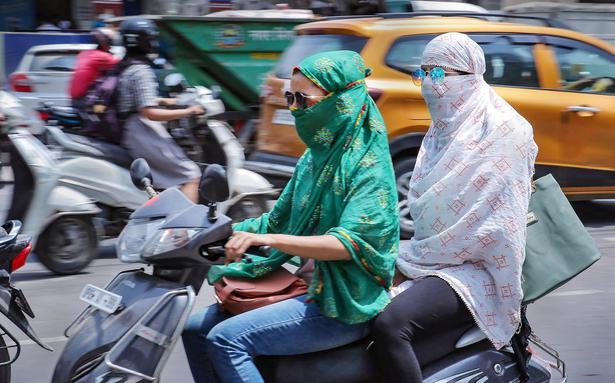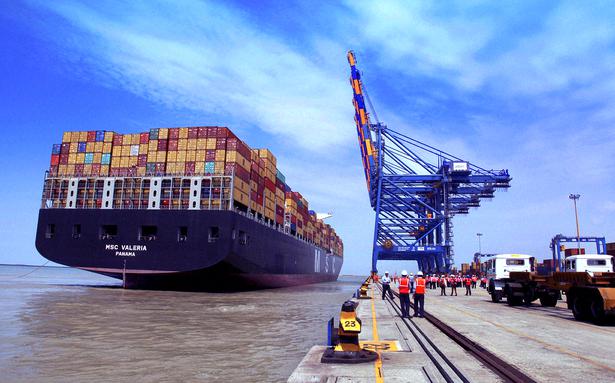Demand for two-wheelers remains weak, while demand for passenger cars and commercial vehicles is robust compared to the previous year, according to a survey of car dealerships by the rating agency Icra.
The auto retail industry has experienced several headwinds in the recent past, including subdued two-wheeler (2W) demand, supply constraints affecting passenger car (PV) sales growth, and a high base effect limiting growth in the tractor segment.
To assess the sentiment of local car dealerships and to understand the current demand and supply trends for different segments, Icra conducted a survey of 22 dealers who deal in PVs, 2Ws, commercial vehicles (CVs) and tractors in rural, semi-urban and metropolitan areas.
“The survey showed a recovery in demand in selected segments. [About] 80% of the two-wheeler dealers surveyed stated that demand was weaker than in the previous year.
Prolonged work and education from home have impacted demand for scooters, while undistributed rains hurt demand for rural-focused motorcycles.
However, retail demand for passenger cars remains healthy, and demand for commercial vehicles has also improved after two years of downturn, Icra noted.
Around 53% of respondents said demand in the PV and CV segment was better year-on-year, the study found.
Icra noted that the automotive industry is struggling with supply shortages as semiconductor shortages have impacted vehicle production.
Due to the constraints on the supply side, the PV segment was hit the hardest as demand exceeded supply.
“However, the availability of semiconductors has improved continuously in recent months. Around 41% of the survey participants indicated that the supply situation in the retailer segments has improved in recent months, while 27% indicated that the supply was still limited. ‘ the study found.
Delivery bottlenecks have led to longer waiting times and lower inventories at retailers, it said.
“Around 92% of the PV dealers surveyed stated that the waiting times had increased compared to last year due to supply bottlenecks. Still, 60% said the long wait times didn’t lead to increased cancellations,” Icra said.


